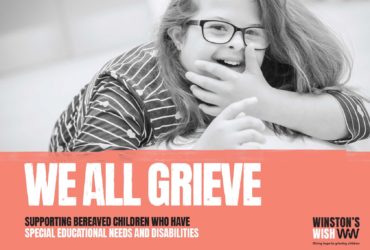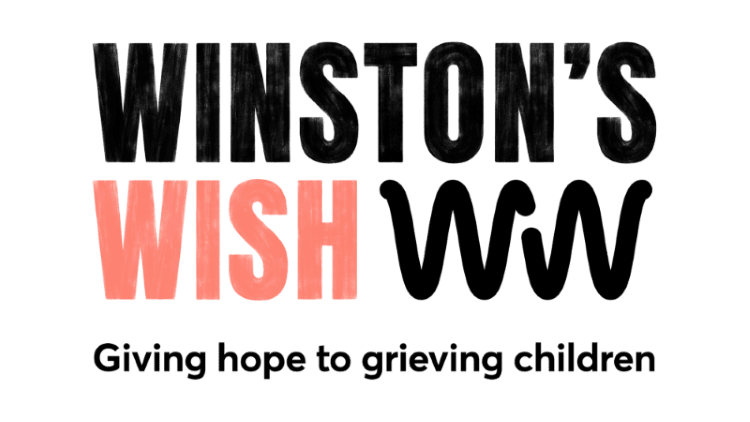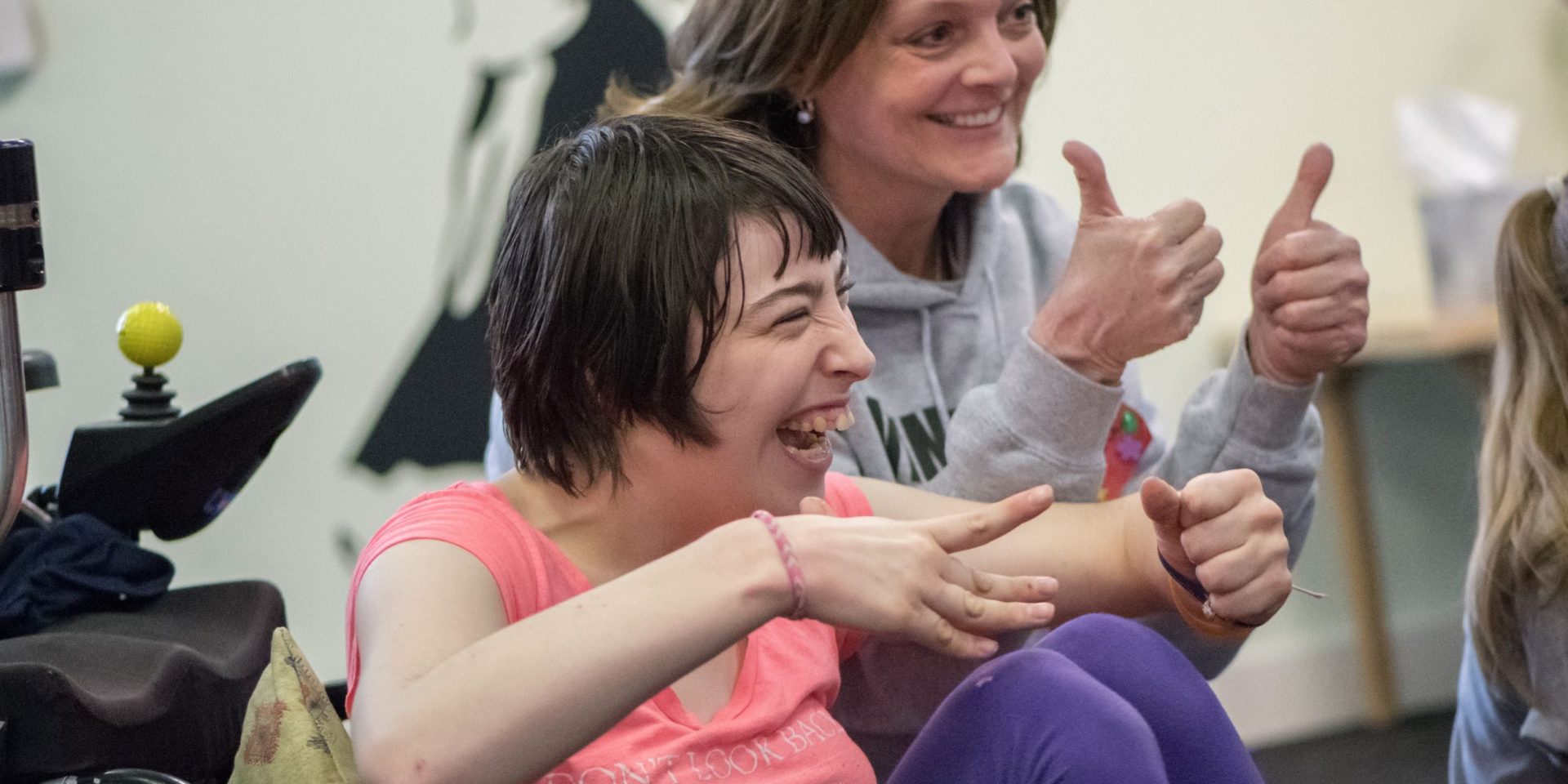For a child with special educational needs and disabilities, their functional level of understanding (rather than actual chronological age) will be the biggest factor in how the child reacts to a death and what they will be able to understand. Knowing what children at different developmental stages understand about death will help you feel more confident when talking to them about a bereavement.
Please bear in mind that children with SEND can often have spiky developmental profiles and therefore do not always fit neatly into one box. The bereaved child you are supporting may display aspects of one or more the developmental stages.
Functioning at 0-12 months level
The death of a parent/significant caregiver will be understood as the absence of the person who cared for them. They will acknowledge and miss the touch, sound, smell etc. of this person, but they will not understand why they have gone.
Other deaths will be experienced by the child as a change in their environment. They will pick up on the emotions of the people around them who are grieving and the possible subsequent changes in their daily routines, although they will not understand why.
They can feel strong emotions but they are unaware of what these are or what is causing them.
Functioning at a 1-3 year old level
They may be aware that someone is missing, but will not fully understand why.
They will not understand the finality of death and so may expect the person who has died to come back.
They will notice the changes in their life caused by the death, particularly changes relating to their routines and care.
They will react to other people’s emotional states, which they may not understand.
Functioning at a 3-5 year old level
They will struggle to understand what ‘dead’ means and they may expect the person who died to return.
They will miss the person who has died.
A child at the top end of this developmental level may understand some of the physical reasons behind a death but will still find this difficult to grasp.
They may be able to recognise some feelings but are unlikely to be able to link it to their grief.
Functioning at a 6-9 year old level
They will be beginning to develop an understanding that death is irreversible.
They will understand that death is something that will happen to all living things but they may still be confused about it and have many questions.
It is not uncommon for children at this developmental level to think of death as something spooky, like a monster or a spirit that comes to get you.
Functioning at a 10-13 year old level
At this developmental level, children are much more aware of the finality of death and the impact death has on them.
They are able to understand death as both concrete and abstract.
Children at this stage are beginning to think of the longer-term consequences of the loss of the relationship.
They are aware of the loss they feel in the present but also of the losses they will experience in the coming months and years. The child will begin to understand that there will be further grief in the future – as the person who has died will not be with them for important milestones or occasions.
Functioning at a 13+ year old level
At this stage, children will have a full understanding of death, the fact that it is permanent and that it is something that affects all living beings.
Further support:
Our specialist book, We All Grieve, offers information, practical support and ideas for activities to help adults supporting children and young people with SEND who have experienced the death of a loved one.
Our experienced team can offer advice and guidance to parents, carers, teachers and other adults supporting bereaved children with special educational needs and disabilities. You can call them on 08088 020 021 (8am-8pm, weekdays), email ask@winstonswish.org or use our live chat (8am-8pm, weekdays).
Other resources you might find helpful

We All Grieve
Our specialist book offers practical advice to help adults supporting children and young people with SEND after the death of a loved one. Includes information, practical suggestions and activities.

Supporting bereaved children with SEND
Advice and resources to support a child or young person with special educational needs and disabilities after the death of someone important.


